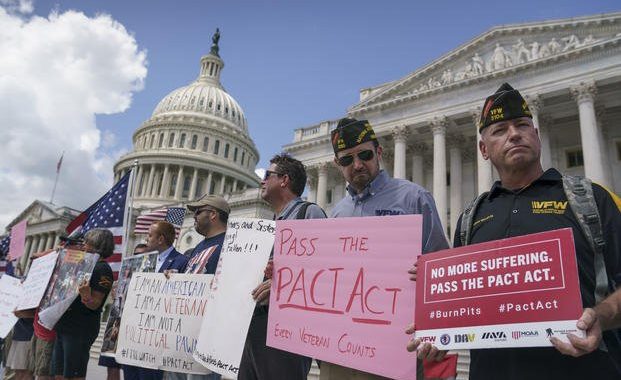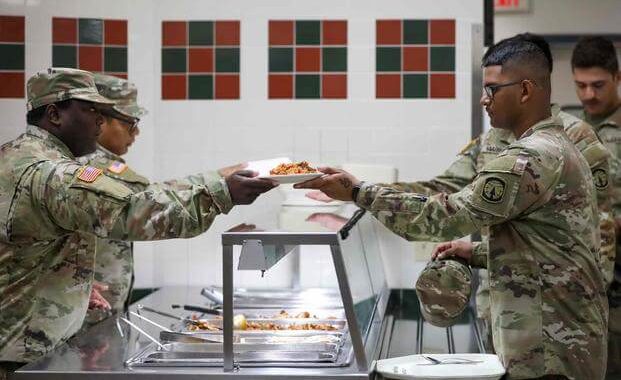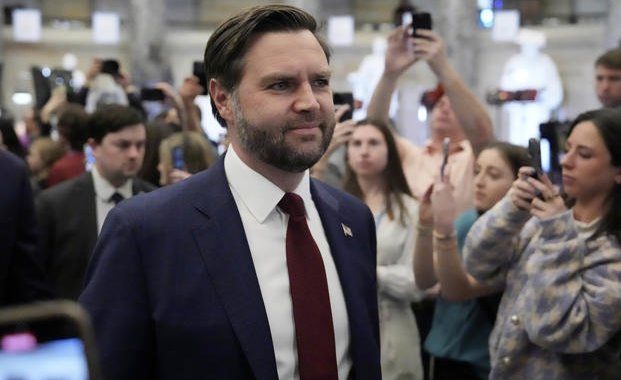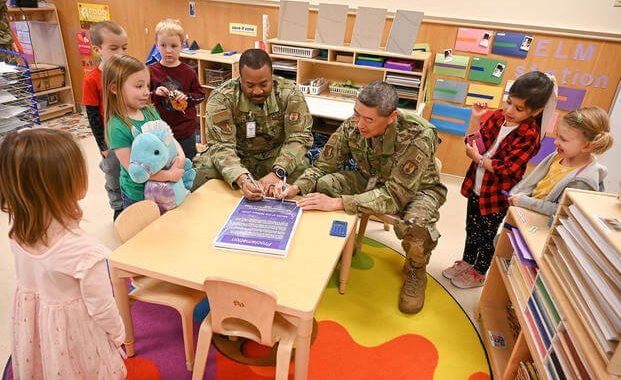Seattle-Area Dentist Forms National Charity for Needy Veterans
4 min read
By Jim Absher
It all began when Dr. Theresa Cheng, a Seattle-area periodontist, read a story in the news about a local veteran who had been seriously wounded by an improvised explosive device in Iraq and how his mother was caring for him round-the-clock.
Realizing that caring for a loved one in such a situation requires the caregiver to put aside their own needs while they care for another, she decided to offer free dental care to spouses or mothers who were caring for wounded warriors, since dental care is often one of those expensive things that can wait while other, more pressing issues take the spotlight and money.
Cheng, an immigrant from Malaysia, was soon surprised to learn that, while U.S. veterans can get medical treatment for their service-connected conditions, most don’t qualify for dental care from the Department of Veterans Affairs.
As a result, she expanded her dental care program and began offering free care to veterans in her office, shutting the doors to paying patients one day each year to treat only needy veterans. She also contacted dental associations around the country to ask them to do the same. Through her perseverance, there are now more than 400 dentists nationwide offering free dental care as part of the group she founded, Everyone for Veterans.
Program Expands
Most would be content to stop there, but Cheng wasn’t. She talked to the veterans as they sat in her dental chair and realized that they were also in need of services and goods that were available from local groups in their home communities. But most were too proud to ask for charity.
She realized that many businesses and individuals want to help low-income veterans, but most veterans don’t want to be seen as charity cases. So she created the “Wingman Program” to match those willing to help with those who don’t want to go begging.
Sensing a need that could be easily filled, she began expanding the free dental care program to an all-encompassing veterans assistance program, and Everyone for Veterans took off. The group helps a needy veteran get assistance from their community or neighbors that can make a big difference in their lives.
The program is open to all low-income or financially strapped combat veterans.
Wingman Program Helps Combat Veterans
Wingmen act as an intermediary; helping a veteran get needed assistance as well as assisting local individuals, organizations, charities and businesses provide help to needy veterans in their community. The program has provided such non-traditional assistance as marriage counseling, gym memberships, sporting goods for healthy habits, rental assistance, household goods and furniture, veterinary care, etc. to veterans who couldn’t otherwise afford it.
A combat veteran with a need who signs up for the program is matched with a wingman in their local community or region to discuss their needs and personal situation. The wingman then contacts local groups and individuals to get support to the needy veterans or their families.
Wingmen don’t have to be social workers or veterans; in fact, business owners, community leaders, church groups and students are among the current group of wingmen who are helping veterans nationwide every day.
The Wingman Program is set up so anybody in the community can help solve problems for veterans. There are no special qualifications for being a wingman, just a desire to help.
A wingman can help by making phone calls to optometrists to provide free optometric care for a veteran, or to veterinarians to provide free care for a veteran’s service dog. They can also let their friends and family know and pool together resources to get food, clothing and furniture for a veteran family, if that is what’s necessary to accomplish the mission.
Providing Support
A military member has a built-in support organization while in the service, as well as a group of friends who can help if necessary. After leaving the service, they are often at a loss when it comes to seeking assistance. If a member leaves the military and moves to, say, Iowa for a job, they have no clue where to get help when the money runs out between paydays. The organization’s wingman can help serve as a point-of-contact to match veterans with services they need and help local organizations easily reach out to veterans in their community.
Sometimes, just listening is all it takes to find ways to help make a big difference.
Cheng recounted the tale of a wingman who was talking with a veteran. During their discussion, the veteran said everything was OK, but his kids complained about sleeping on the floor since the family couldn’t afford mattresses. The wingman rallied her friends and family and provided mattresses along with food and clothing for the family.





